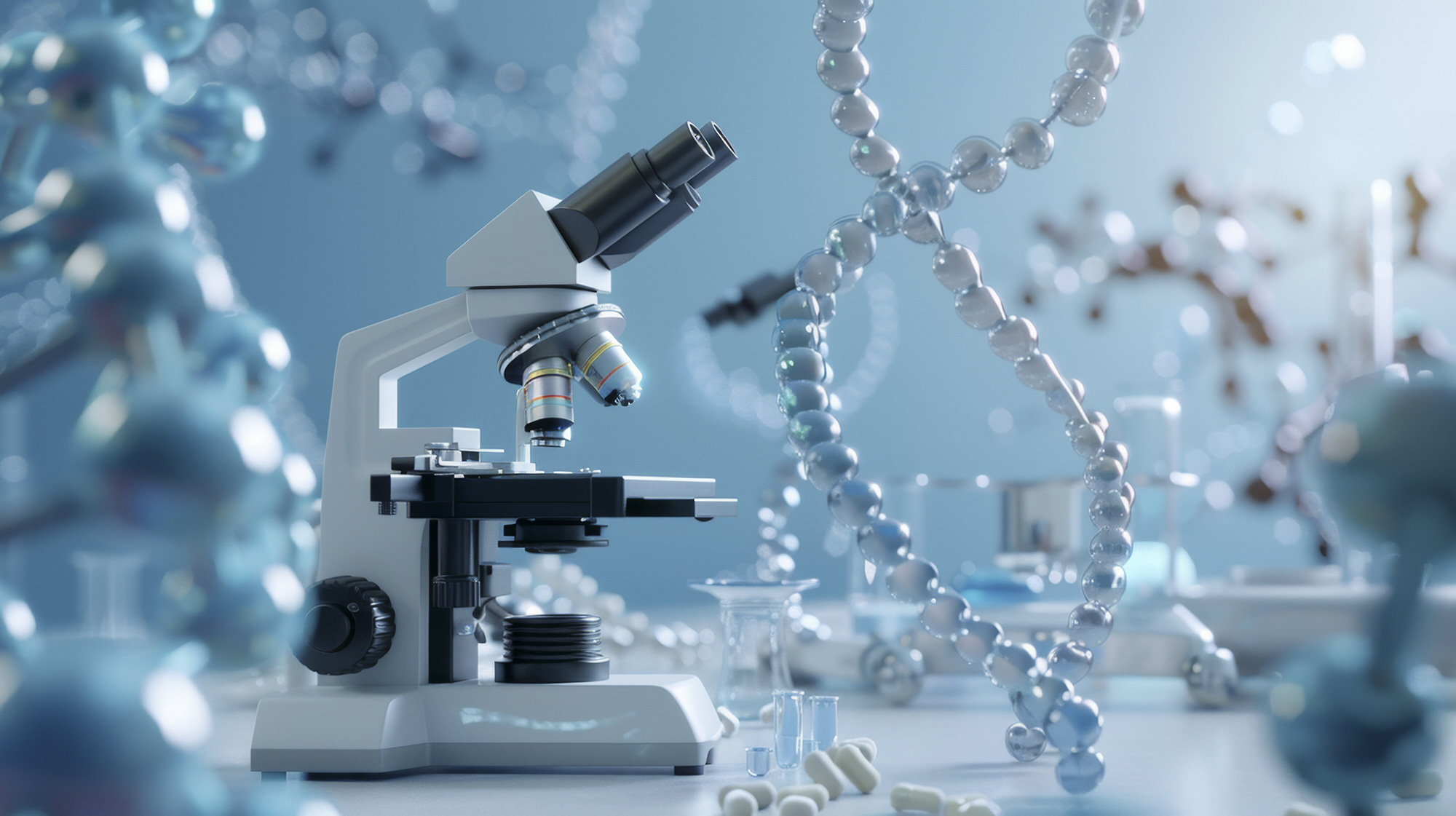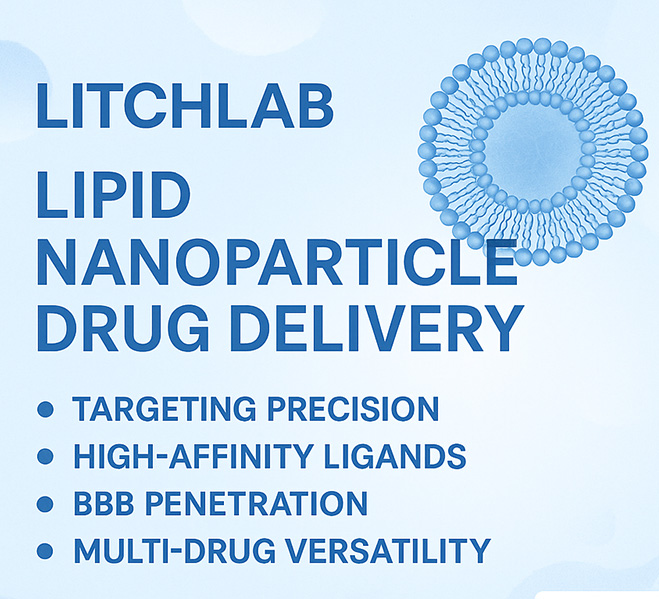
In the rapidly evolving field of targeted therapeutics, Receptor-Drug Conjugates (RDCs) are emerging as a promising next-generation alternative to conventional Antibody-Drug Conjugates (ADCs), offering improved tissue penetration, reduced immunogenicity, and enhanced pharmacokinetics. Litchlab, a global leader in advanced drug delivery technologies, announces the full deployment of its RDC platform, enabling end-to-end solutions from target discovery and receptor engineering to linker chemistry, payload development, and scalable manufacturing under an integrated CDMO model.

Unlike ADCs that rely on full-length monoclonal antibodies, RDCs use engineered non-antibody moieties—such as peptides, aptamers, engineered proteins, or small ligands—to target specific cell-surface receptors. These vectors are conjugated to cytotoxic or therapeutic payloads via cleavable or non-cleavable linkers, enabling precise intracellular drug release.
Key advantages of RDCs include:
Smaller vector sizes (2–10 kDa) allow deeper tumor penetration.
Potential to cross the blood–brain barrier (BBB)—critical for CNS-targeted therapies.
Lower immunogenicity due to absence of Fc domain.
Highly tunable PK/PD properties, suitable for a wide range of disease contexts including oncology, inflammation, and rare diseases.
In silico screening and structure-based design of high-affinity peptides, aptamers, and synthetic ligands.
Integrated receptor-internalization validation systems to ensure optimal cell uptake and endosomal escape.
Multiple linker chemistries available: click chemistry, maleimide-thiol, hydrazone, amide bond, disulfide bridges, etc.
Cleavable linkers tailored to pH, redox, or enzyme-sensitive environments for tumor-selective release.
Supports cytotoxics (e.g., MMAE, DM1), small molecule inhibitors, oligonucleotides (siRNA, ASO), immunomodulators.
In-house payload-release kinetics modeling and quantitative delivery performance analytics.
Analytical support for DAR (Drug–Antibody Ratio)-like metrics, stability, conjugate homogeneity, and bioactivity retention.
Seamless scale-up from mg to kg-level production under IND or preclinical-grade environments.
Comprehensive technical packages for FDA, EMA, and NMPA filings, including impurity profiling, safety assessments, and toxicology support.
Partner CRO network for GLP toxicology studies and biodistribution assessments.
Recent reports from BioCentury and Nature Reviews Drug Discovery indicate that over 30 RDC programs are currently in preclinical development worldwide, with applications ranging from solid tumors and CNS diseases to autoimmune disorders.
Key international players such as Bicycle Therapeutics, Avacta, and T3 Pharma, along with several emerging Chinese biotechs, are actively exploring RDCs as differentiated solutions that overcome the limitations of ADCs—especially in non-traditional targets, BBB penetration, and immune-tolerant environments.
As a result, RDCs are positioned as a parallel evolution to ADCs, broadening the application of targeted therapies to complex, previously inaccessible indications.
Litchlab is currently collaborating with top-tier biotech and pharma companies across colorectal cancer, glioblastoma, HER2-low breast cancer, and autoimmune hemolytic anemia pipelines. Highlights of Litchlab’s RDC strategy include:
⚙️ Custom vector-payload design with reduced development cycle times by >50%.
🧪 Robust CMC and analytical infrastructure supporting early-phase to clinical-scale production.
📊 Differentiated payload strategies that create a competitive edge in complex therapeutic areas.
Litchlab is a globally recognized CDMO and drug delivery innovator, specializing in the development and manufacturing of complex formulation systems including liposomes, polymer nanoparticles, microspheres, RDCs/ADCs, and nucleic acid delivery vehicles. Our mission is to accelerate the development of breakthrough therapeutics through advanced engineering of precision drug delivery platforms.
Partner with us: RD1@litchlab.com
Website: www.litchlab.com